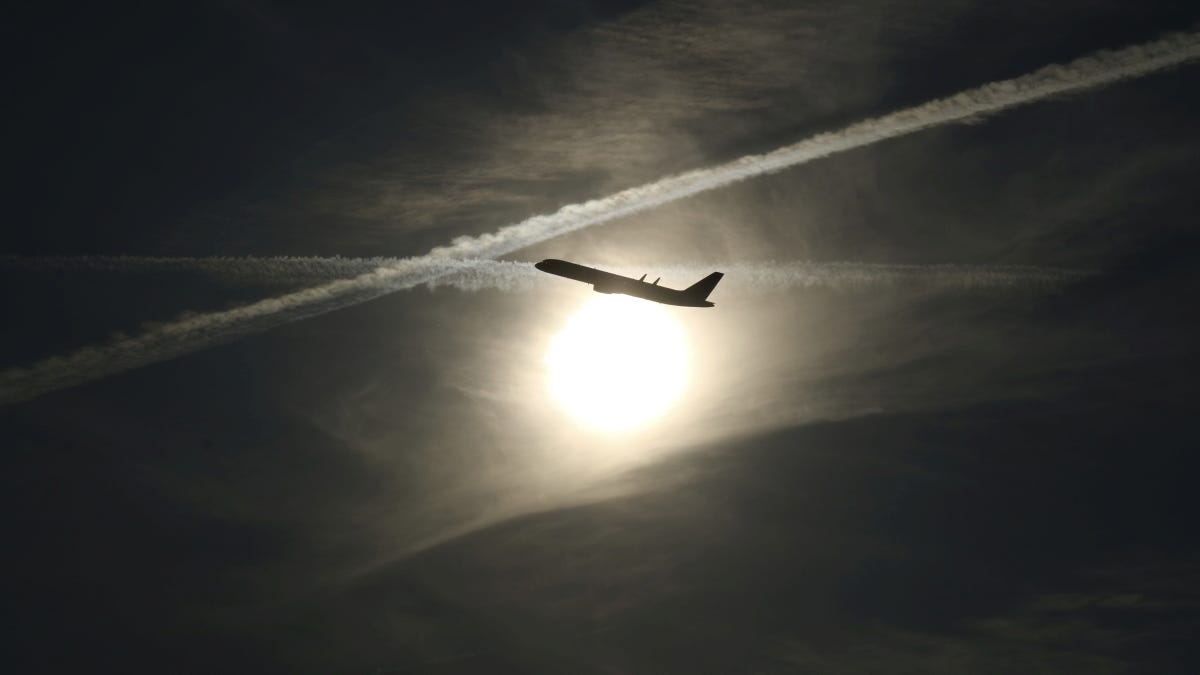Expert consensus: Chemtrails aren't actually a thing
A survey of the world's leading atmospheric scientists has revealed an overwhelming consensus that so-called "chemtrails" don't exist.
In the first published research on the phenomenon known as chemtrails, thought by conspiracy theorists to be evidence of a large-scale atmospheric chemical spraying program, a team of researchers has found that most scientists don't believe they exist.
The trails of cloud left behind aircraft as they fly across the sky are caused by water vapour in the exhaust. As the hot exhaust hits the cold air, it condenses and crystallises into a cloud for a short time before dispersing. These condensation trails, or contrails, are thought by some to be the vehicles for chemicals, secretly released into the air by governments or industries.
"Our goal is not to sway those already convinced that there is a secret, large-scale spraying program -- who often reject counter-evidence as further proof of their theories -- but rather to establish a source of objective science that can inform public discourse," the researchers wrote.
According to the study, published in the journal Environmental Research Letters, 76 of the 77 scientists surveyed said they had encountered no evidence of such a program, and that all data cited as evidence for one could be explained by well-understood physical and chemical processes.
You can read the full paper for free here.


